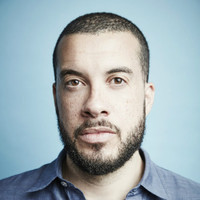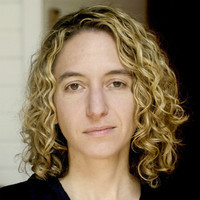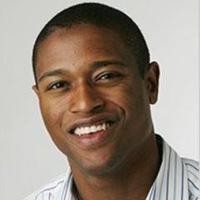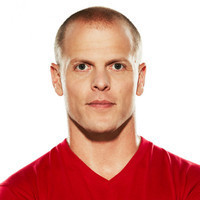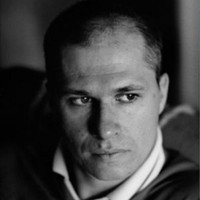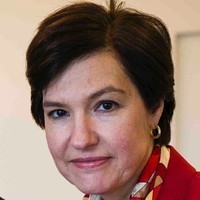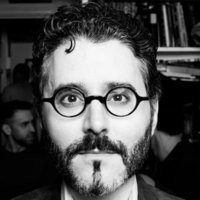Naomi Klein is a senior correspondent at The Intercept and the author of The Shock Doctrine and No Logo. Her most recent book is On Fire: The (Burning) Case for a Green New Deal.
“I have no idea whether we will do this. All I know is there is a slim chance, a very slim chance, that we could make things a lot better than if we do nothing and just let it burn. The stakes of that are so high that I’m not going to spend my time trying to figure out whether our chances are good or not. I’m just gonna try to enlarge those chances.”
Thanks to Mailchimp, Literati, and Pitt Writers for sponsoring this week's episode.






